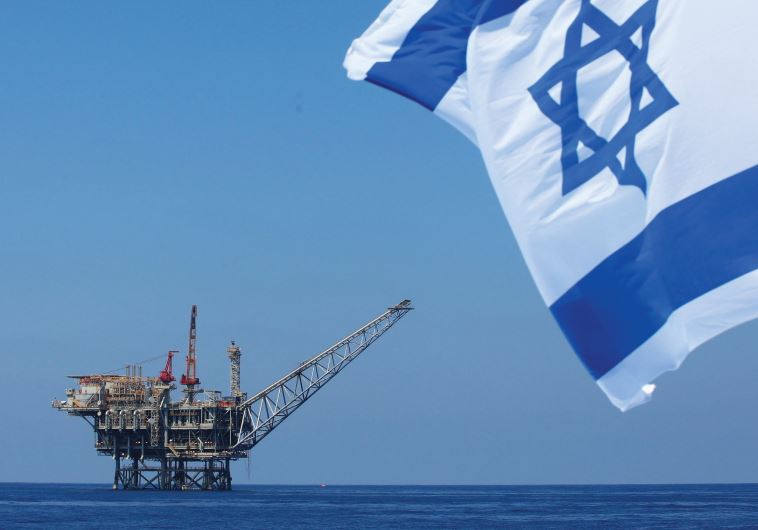Greek energy developer: We are here to open the Israeli gas market
Greece's Energean Oil & Gas purchased the Israeli gas reservoirs Karish and Tanin from the Delek Group in a $148 million deal.
 (photo credit: MARC ISRAEL SELLEM/THE JERUSALEM POST)Updated:
(photo credit: MARC ISRAEL SELLEM/THE JERUSALEM POST)Updated: